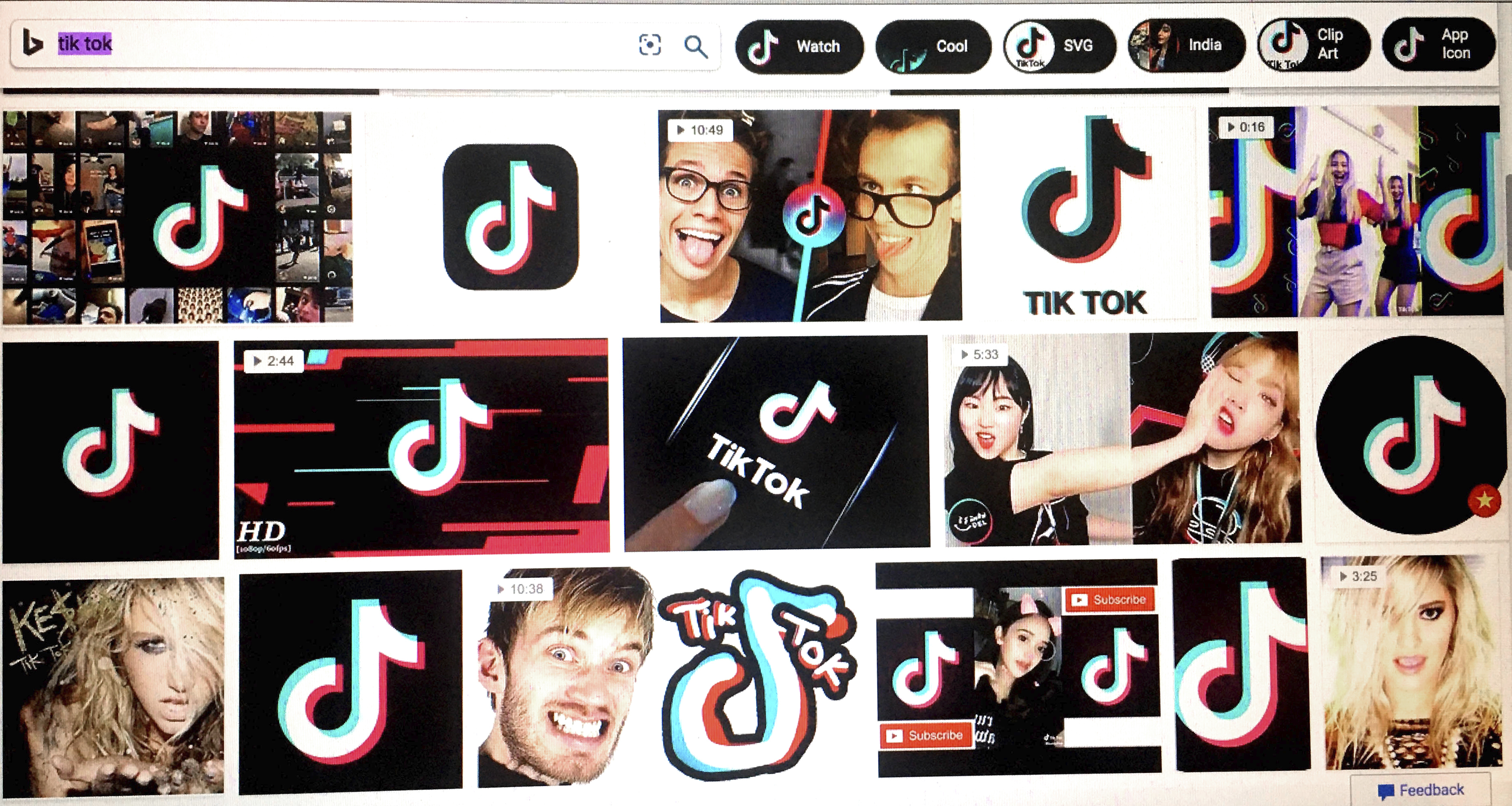
There was a showdown looming in March, when the platform’s Singapore-based chief executive was scheduled to stand alone before a Republican-controlled House committee for a hearing. In Congress, bills to restrict or outlaw TikTok were flying, garnering bipartisan support, with the two parties separated only by the degree of their suspicion. The public didn’t yet know it in February, but those talks were breaking down, leaving the Biden administration in the same place where Trump left off: trying to figure out if it could drive TikTok out of existence in the United States. “We are not a country that does that kind of stuff.” But then Biden and the Democrats started to surprise them by sending hawkish signals too.įor the better part of two years, the federal government had been engaged in a secretive negotiating process with TikTok’s corporate management. “It would be anti-democratic it would be against the First Amendment,” Spehar told me on the phone in February, shortly after the State of the Union. TikTok is now used by 150 million Americans, if you accept the company’s figures, and Spehar figured it was too big to ban. But these largely symbolic attacks did little to slow TikTok’s growth as a business and cultural force. Last year, at the instigation of the Missouri Republican senator Josh Hawley, the federal government enacted its own ban for its devices.

After Trump’s defeat, the issue had been picked up by his right-wing followers in states like Alabama and Texas, where governors have banned TikTok from government devices and public universities have kicked it off their Wi-Fi networks. As president, Donald Trump had tried to ban TikTok outright, only to be halted by a federal court.įor Vitus Spehar, who goes by “V,” it was easy to write off the idea of banning TikTok as xenophobic, conservative fearmongering. TikTok is capable of shifting the discourse with the flick of a thumb. Chinese leaders have been open about their aim to strengthen what they call their nation’s “international discourse power,” rebalancing what they see as America’s advantage in defining cultural and political values. For years, they had been warning that the app might be put to use for spying, spreading disinformation, or sowing discord. But American law enforcement and intelligence agencies were concerned it posed more than a competitive threat.
#Wechat banned in us software
TikTok may well be China’s most visibly successful software export. And though he didn’t explicitly mention it, his administration was focusing intense scrutiny on TikTok, an app developed by ByteDance, a private company of Chinese origin. In his speech that night, Biden had warned that China, an increasingly aggressive geopolitical rival, “intends to be dominating” the technologies of the future. Even as he beckoned TikTok with one hand, he was considering whether to snatch it away with the other. Biden’s political solicitude, though, was at odds with his national-security agenda. He stepped out of his limousine and offered them a deep, exhausted bow. When Biden returned to the White House, Spehar and the rest of the group were waiting to greet him on his doorstep. For reelection, Biden, 80, will be depending on enthusiastic support from young voters, millions of whom avidly consume - and are influenced by - TikTok. They now refer to President Biden as “Joe” in casual conversation, and it’s easy to see why the president might want to be on friendly terms. On another occasion, they visited the Oval Office.

Before the 2022 midterms, Spehar shot a get-out-the-vote spot with Barack Obama. They now have nearly 3 million followers and an audience in the White House. Through some combination of plainspoken charm and algorithmic magic, their bright, chatty takes on current events - usually delivered from a spot under a desk in their home office in Rochester - took off on TikTok. Spehar, 40, is a politically idiosyncratic nonbinary ex-caterer with a pompadour hairstyle and statement eyeglasses. “If I never get invited back,” Spehar said, “I was here three times.” With a mischievous eyebrow flex, Spehar slipped into a hallway to check out some presidential portraits at the foot of the stairway up to Biden’s private quarters. “This is the real East Room of the real White House.” Soon, Jill Biden dropped by to take a selfie with Spehar and the other social-media personalities there for the party. After Joe Biden concluded his address to Congress, Spehar stuck in their earbuds, cinched their blue tie, and started to livestream to TikTok from their iPhone. On February 7, Vitus Spehar, the host of a popular TikTok newscast, was invited to the White House for a State of the Union watch party.


 0 kommentar(er)
0 kommentar(er)
